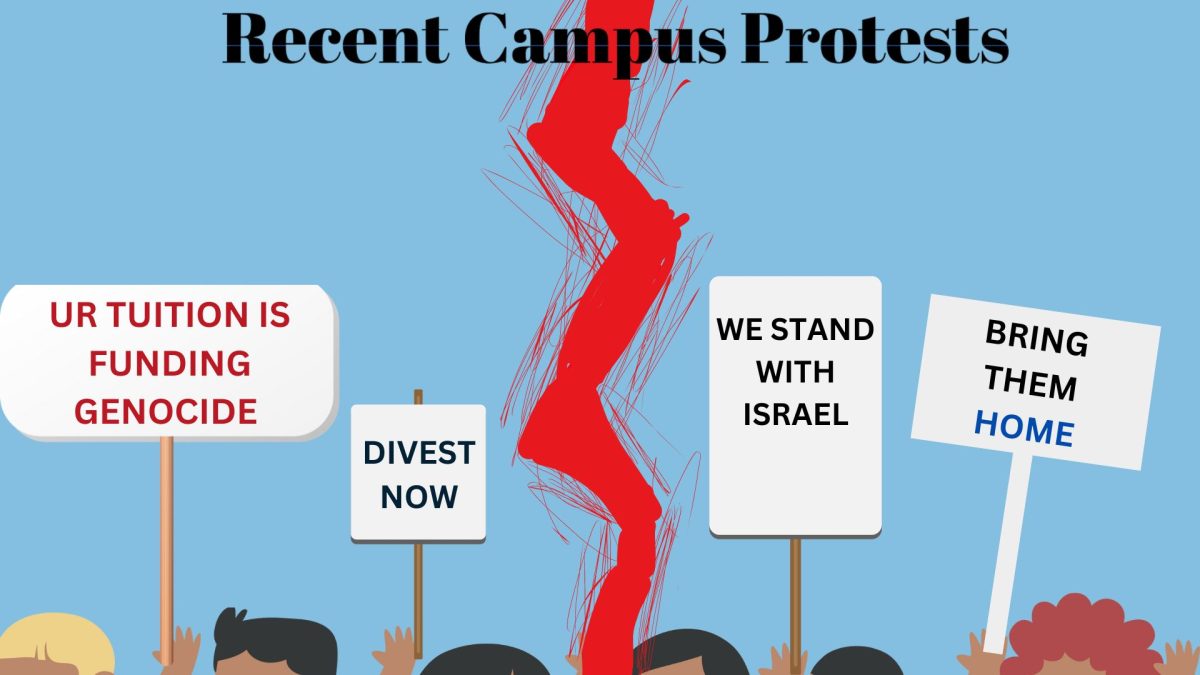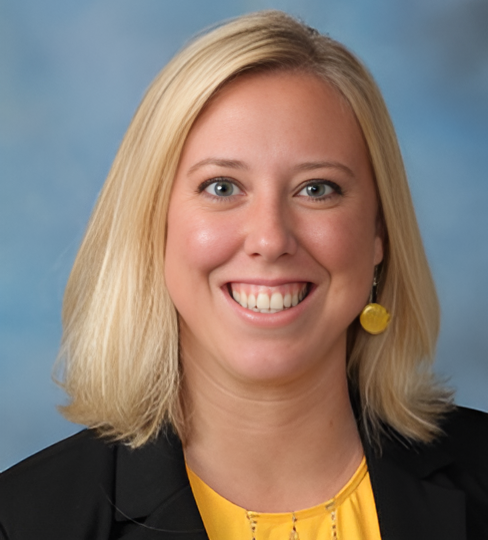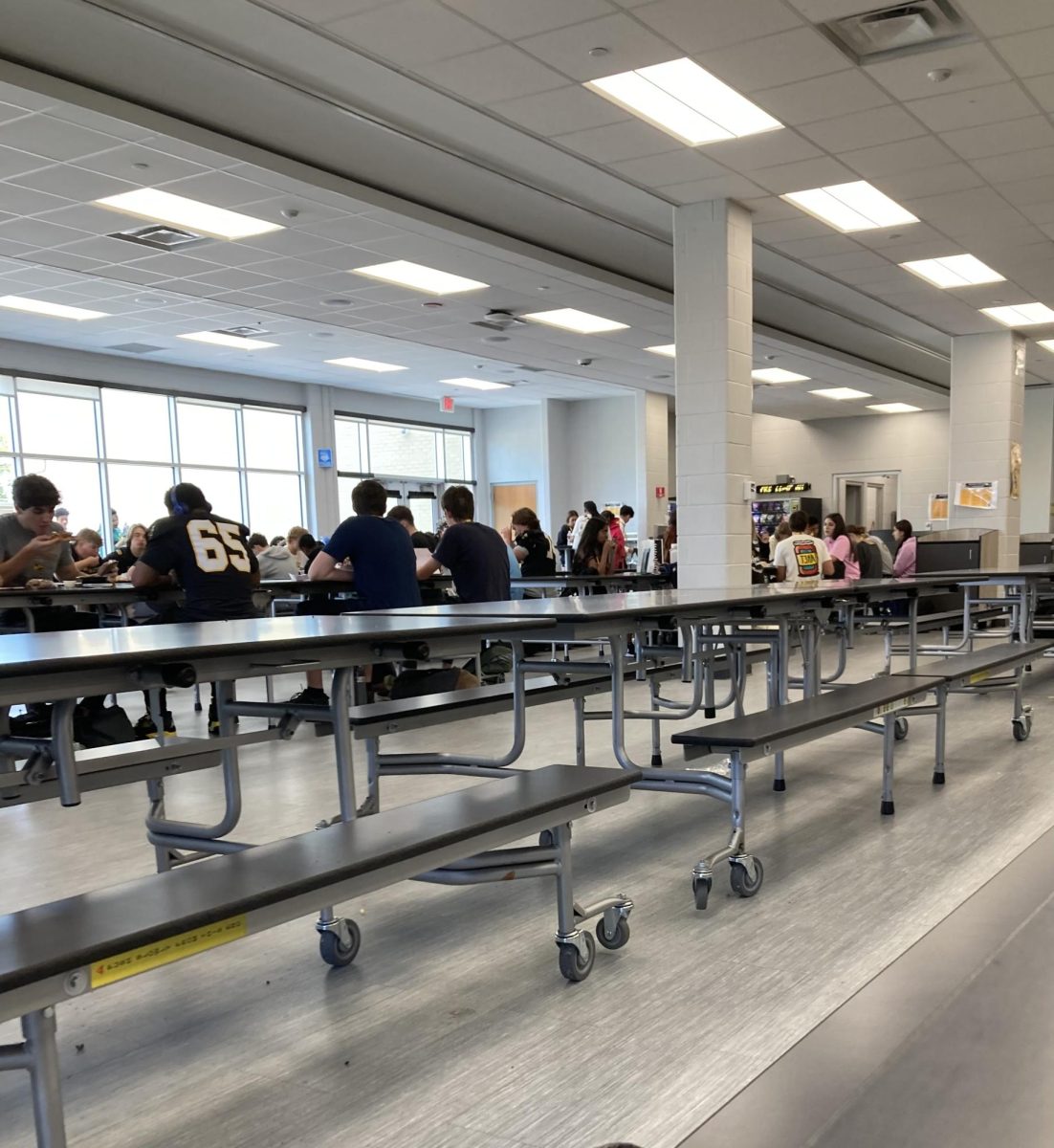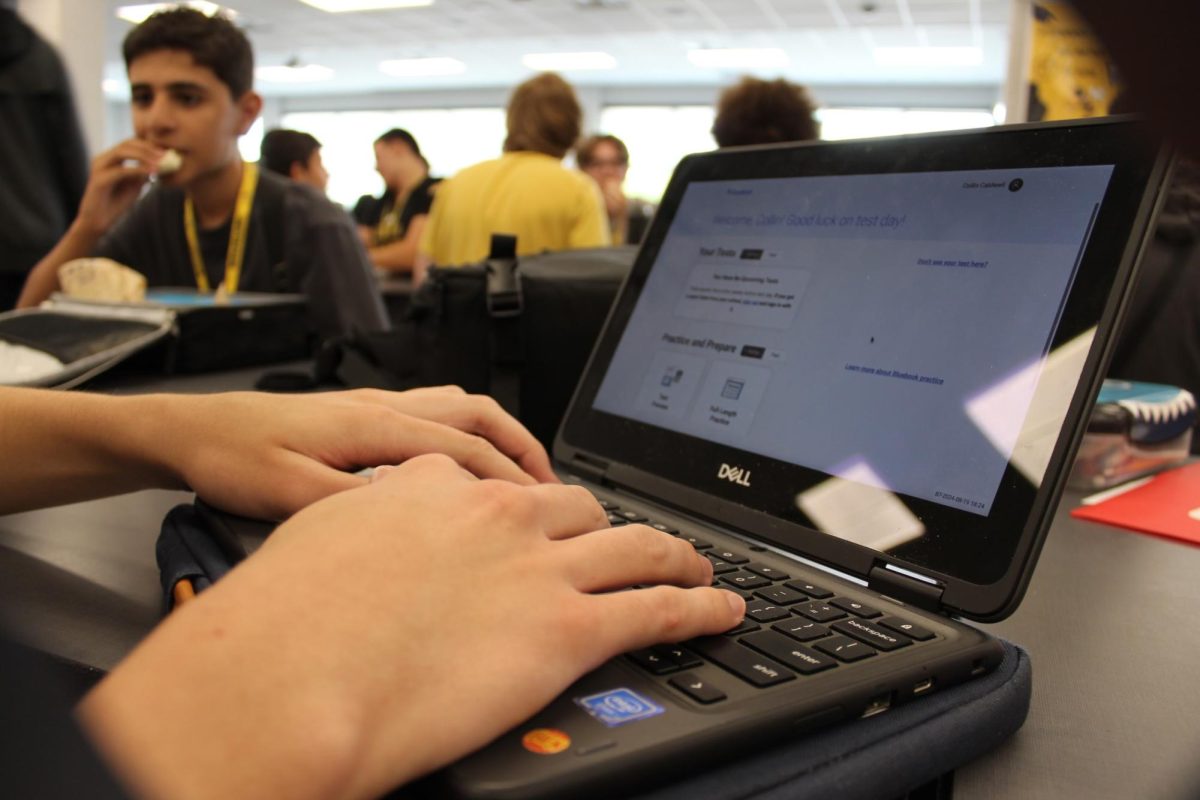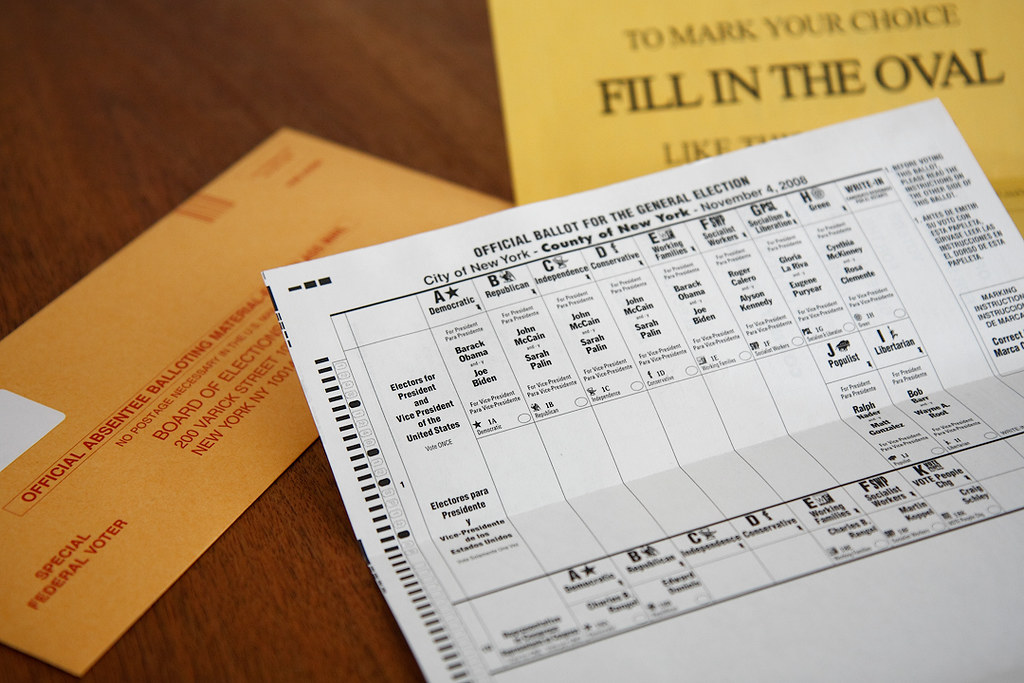More than 2,000 people have been arrested in the last month at demonstrations at universities across the country. In these protests, students have been camping on the college grounds. Many university students have been protesting against the 2023 Israel-Hamas War, most in support of the Palestinian cause. Several counter-protests, however, have begun popping-up.
The pro-Palestinian students are advocating for their universities to financially divest from companies and funds that support of Israel and for their universities to be transparent in their financial holdings. Divestment in this context means cutting ties with Israeli companies or ones that do business with Israel. But many protesters also want their universities to end relations with Israeli academic institutions. Some universities hold millions of dollars in these investments as part of their endowments. Student activists view these investments as making the universities complicit in the ongoing war.
University protests aren’t a recent phenomenon and have been a stable part in America’s history. One of the first protests held at a university was in 1766 at Harvard, when Asa Dunbar, Henry David Thoreau’s grandfather, was disciplined for insubordination, complaining about a lack of food. Those protests were limited to the Harvard campus and were eventually shut down.
A wave of protests began in the 1920s-30s against racial justice and poverty. After that era there were multiple protests regarding communism and the Spanish Civil War, but the most notable were against the Vietnam War in the 60s. Students didn’t like the fact the US was actively engaged in the war in Vietnam. Some students were violent in their opposition. At their most extreme, they barricaded themselves in buildings, rioted, burnt down ROTC buildings, fought the police and more.
In the 80s a wave of protests against the Apartheid in South Africa took place. Some see today’s protests as similar in their targets. Students in the 80s also wanted their universities to divest from companies that supported South African Apartheid, and they did. These protests were more peaceful compared to the Vietnam–era protests.
Currently, some universities are trying to suppress protesters, including calling-in the police, while other universities are negotiating with activists. An agreement with Northwestern University in Evanston limits the size of their encampment while giving-in to some of the students’ divestiture demands.
Many students are supportive of their protesting classmates; at the same time, many Jewish students have reported feeling unsafe and uncomfortable on campus because of the unrest. Some protesters have crossed the line, resorting to anti Semitic language. National politicians have criticized universities for not doing more, highlighting anti Semitic incidents. The University of Southern California canceled their main graduation because of protests.
These demonstrations and their results are related to complex issues regarding conflict between Israel and Palestine; they also highlight America’s long history of on-campus activism.

